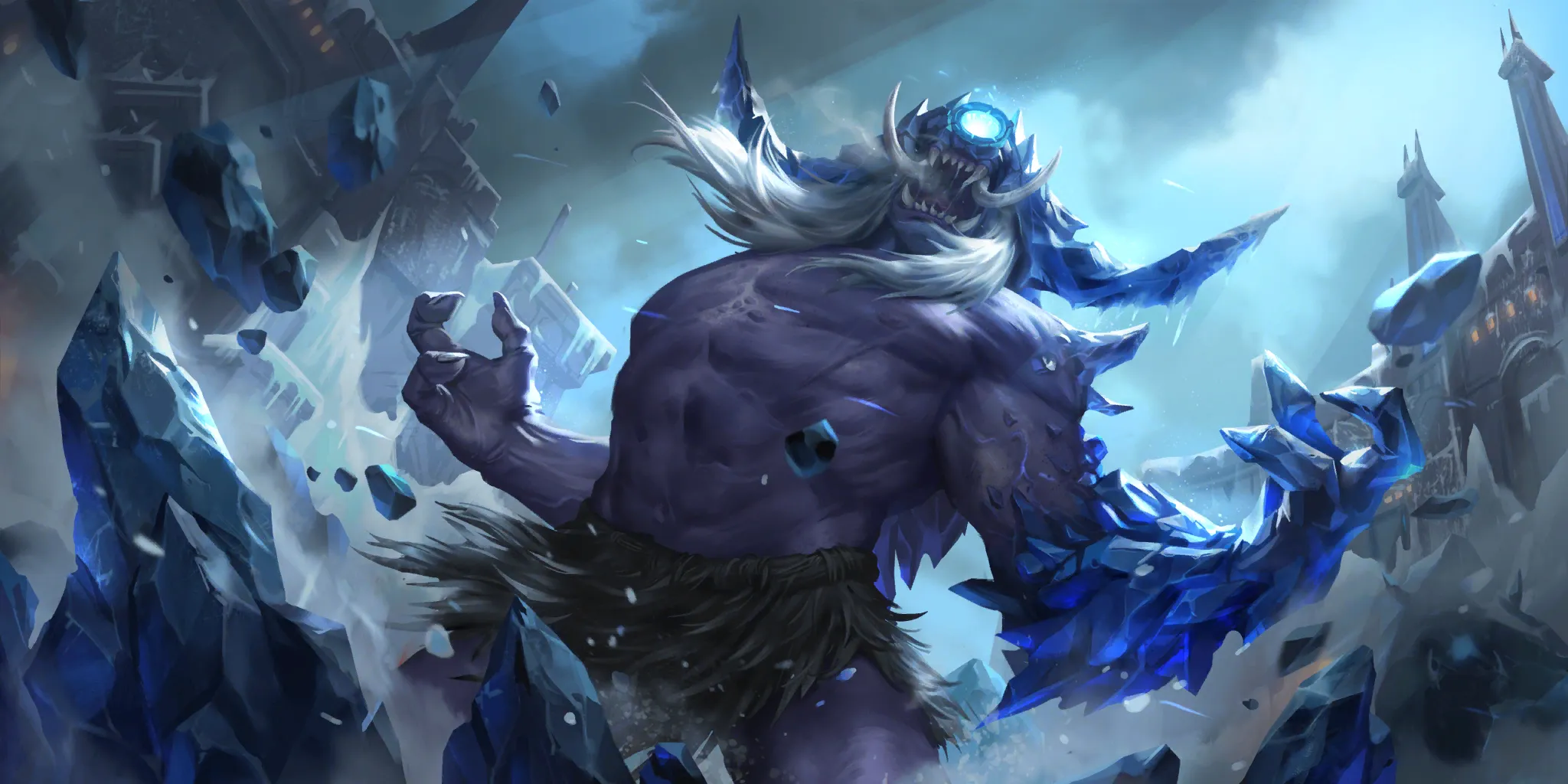Editor's Note: This is a repost from an article Jasensational wrote on 2021 – although the examples are from past decks, the concepts are relevant today. We are reposting the series to let viewers that haven't seen it before be able to read it and because we've updated how we post so the old posts no longer display properly. Hope you enjoy it!
Hey everyone, Jasensational here. This article is part of a six-part series geared towards newer players to teach them about the fundamentals of Legends of Runeterra (and card games in general). Each article is aimed to build on each other and teach you how to think deeper behind your plays and how you pilot the game.
If you missed the previous article on Priority, I highly advise you to check that out first. With the last article, we broke down Priorities, and situations where proactivity is rewarded. Along the way, we talked about ways to take advantage of Priorities and Passing to pilot your deck properly. Today, it all ties together into the importance of unspent mana.
The Power Imbalance of Tapping Out
Nothing is less scary than when your opponent spends all their mana. It means that whatever you do for the rest of the round, your opponent has no way to interact with you. It means that their board doesn’t get any wider, your backrow units can’t be removed, and the blocks declared are final. But as your opponent leaves up more and more mana in a turn, you start to get suspicious. Even if it’s the last card in your opponent’s hand, the probability of losing the game to Judgment is low, but never zero. Should you respect it? Should you not?
is low, but never zero. Should you respect it? Should you not?

As your level of play increases and you play against better opponents, it is unlikely that your opponent will ever tap out of key mana points until they know that their opponent has tapped out first. Leaving mana up is a tricky mind game, which adds an extra layer of complexity to the Passing game.
Bluffing is the same as having it (Almost)
How often has this situation occurred to you? Your opponent passes but leaves up just enough mana to make you think a little extra harder that round, whether it be nine mana for The Ruination or four mana for Avalanche
or four mana for Avalanche . Or, every time you want to attack, your foe leaves up two mana, just in case they want to cast Sharpsight
. Or, every time you want to attack, your foe leaves up two mana, just in case they want to cast Sharpsight or Shaped Stone
or Shaped Stone . Even if it’s just a bluff and your opponent doesn’t even have the card that you were trying to play around in hand, you’ll quickly find out that simply leaving up mana is quite effective. And if they do have it, then we just played into what they wanted us to.
. Even if it’s just a bluff and your opponent doesn’t even have the card that you were trying to play around in hand, you’ll quickly find out that simply leaving up mana is quite effective. And if they do have it, then we just played into what they wanted us to.
Disregarding the rare super-polarized matchups and unlucky draws, most games start out relatively even. Like a game of chess, early development likely doesn’t give advantage to one player over the other. Only until a blunder, or a piece is sacked, does the flow swing towards the beneficiary. Much like in LoR, critical decisions of overdeveloping into removal, or losing a key unit to a combat trick, can often decide the victor. Therefore any unspent mana has to be respected, even if it is a bluff. This can be a useful trick to put your opponent into awkward situations, until they call your bluff or you draw into the card you were bluffing.
When It Won't Work
There are likely two scenarios where your opponent may try to call a bluff, so be wary that simply holding up the necessary mana may not be enough.
One, they’re in a losing position where they will eventually lose even if you don't actually have it. In true NA fashion, “If they have it they have it,” your opponent will start taking risks if they’re playing from behind.
The second case is if they have their own ways to play around it. Maybe they can redevelop a scary board after their units are cleared, or they have more mana and combat tricks to fight for board. Often, if the opponent has more mana than you or can be more flexible with it, it can be difficult to hold meaningful bluffs.
Hand Reading
At this point, I should have already drilled into your head the importance of knowing what cards in your opponent’s deck that you need to play around. With information about what cards they are running in their deck, and how much mana they hold up, we can start making assumptions of what their hand consists of. But in some scenarios, it’s important to recognize moments where, “If they had it, they would’ve played it.” This is especially prevalent with Slow-speed spells or units/landmarks that need to be played down.
Let’s use an example of Thralls:

22 cards

18 cards
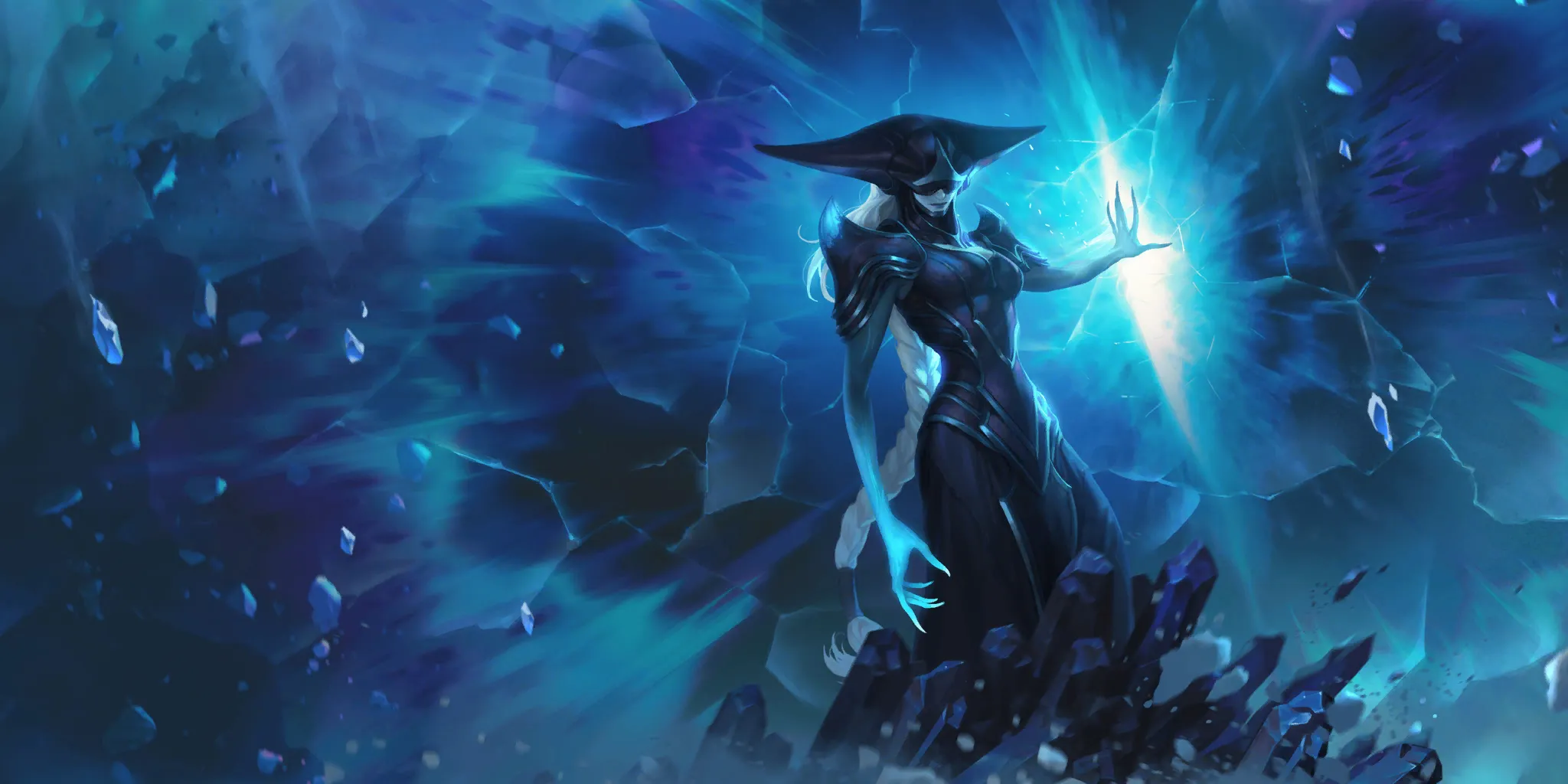

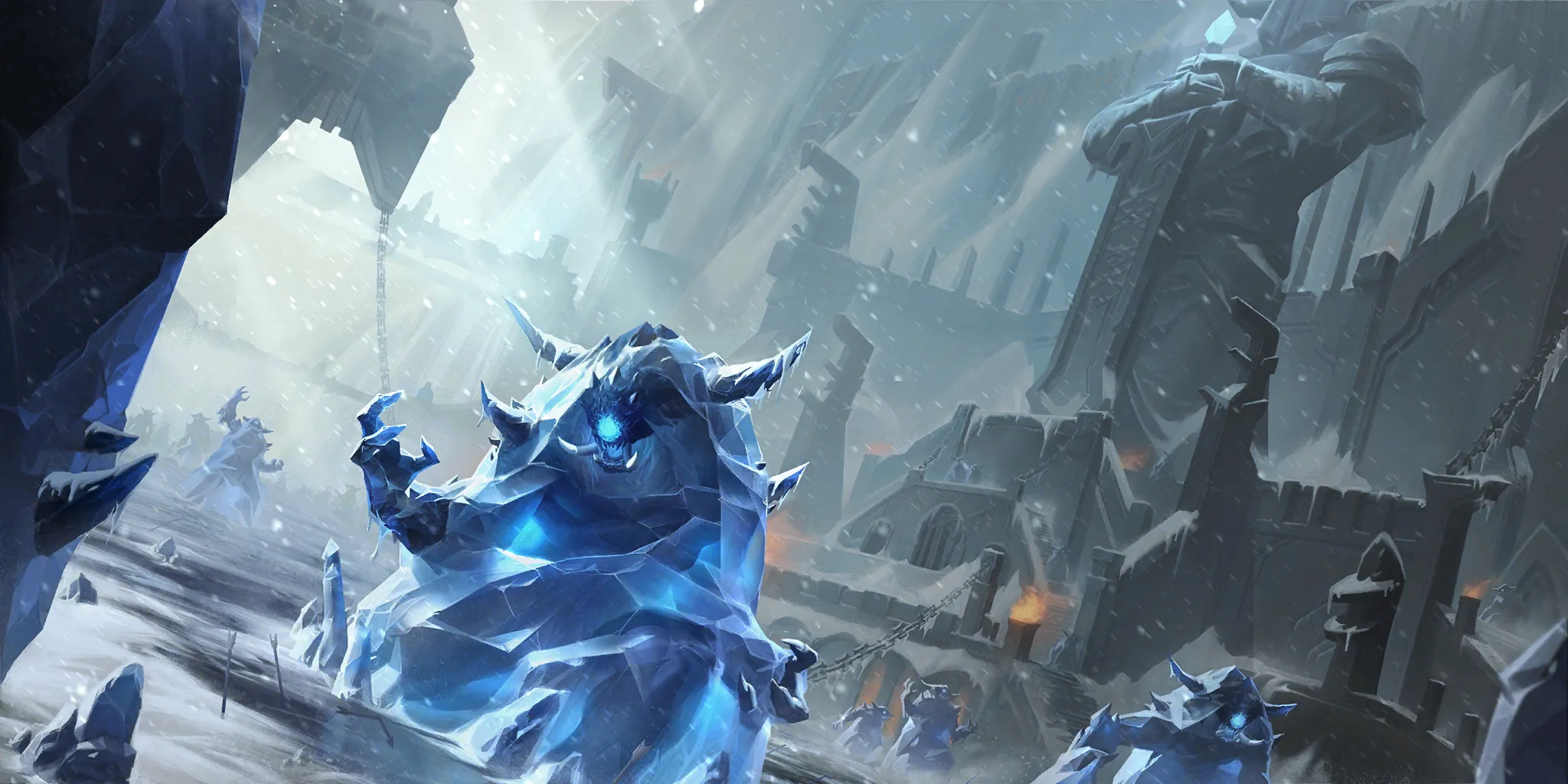
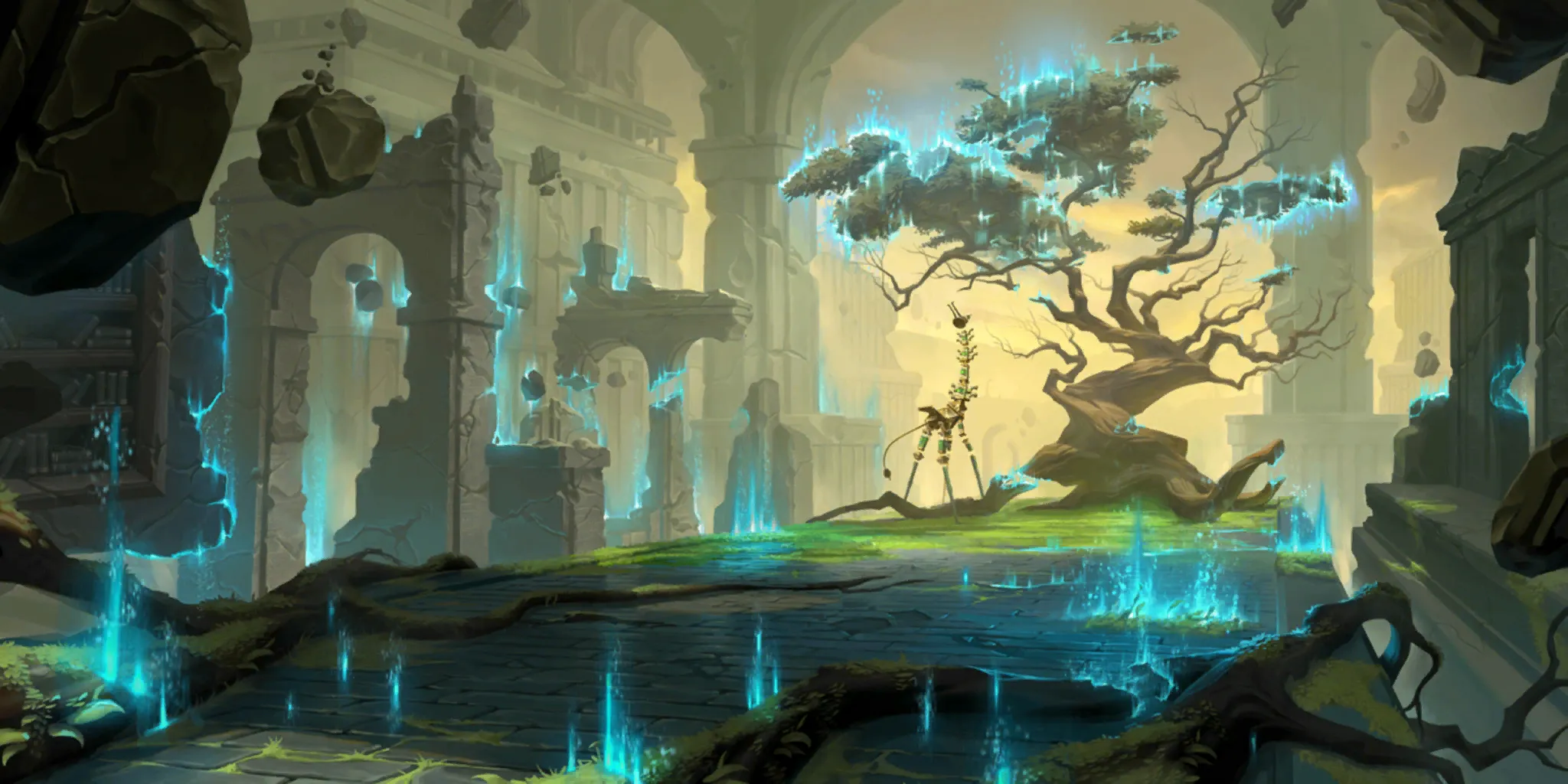
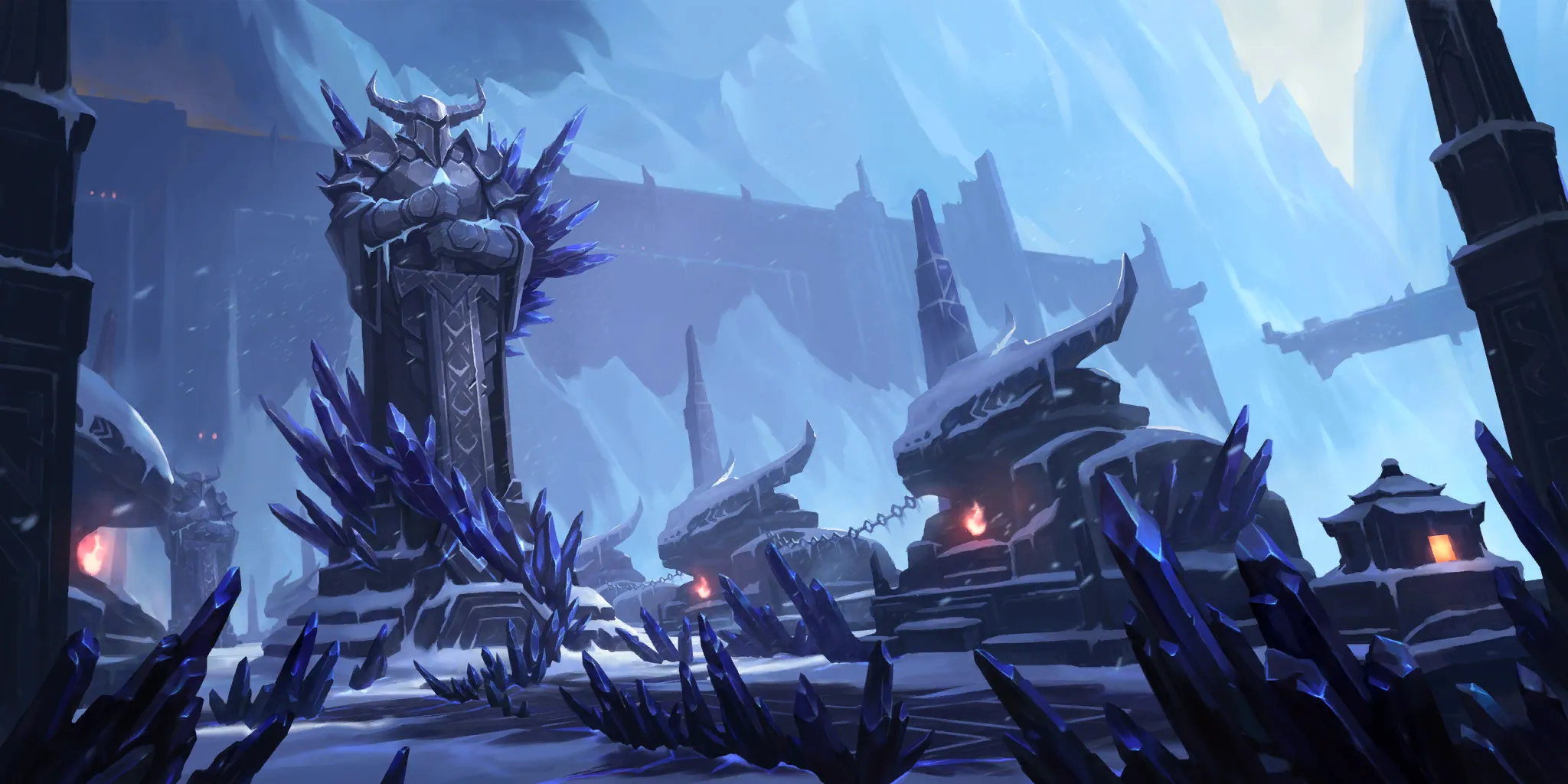
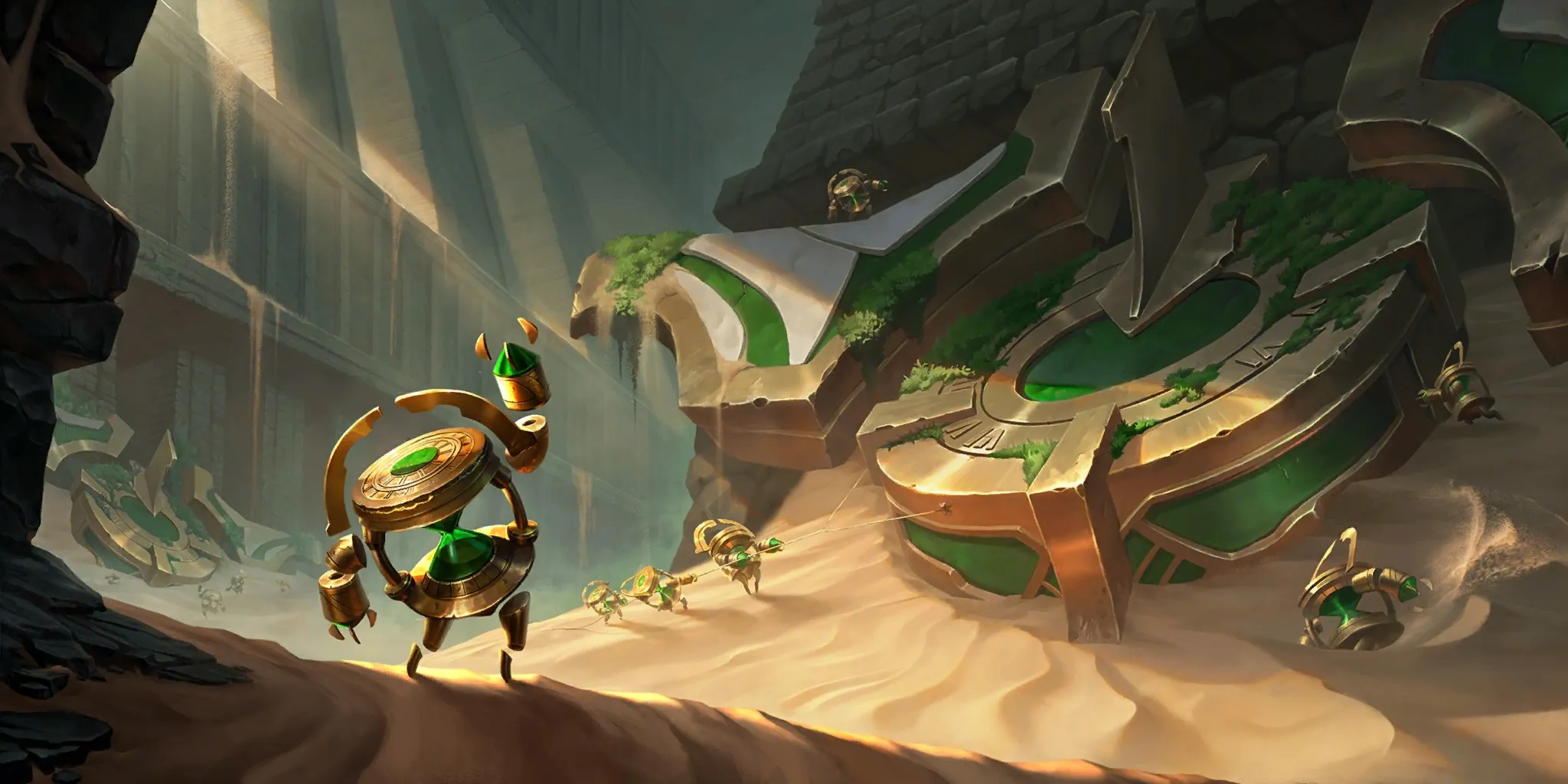
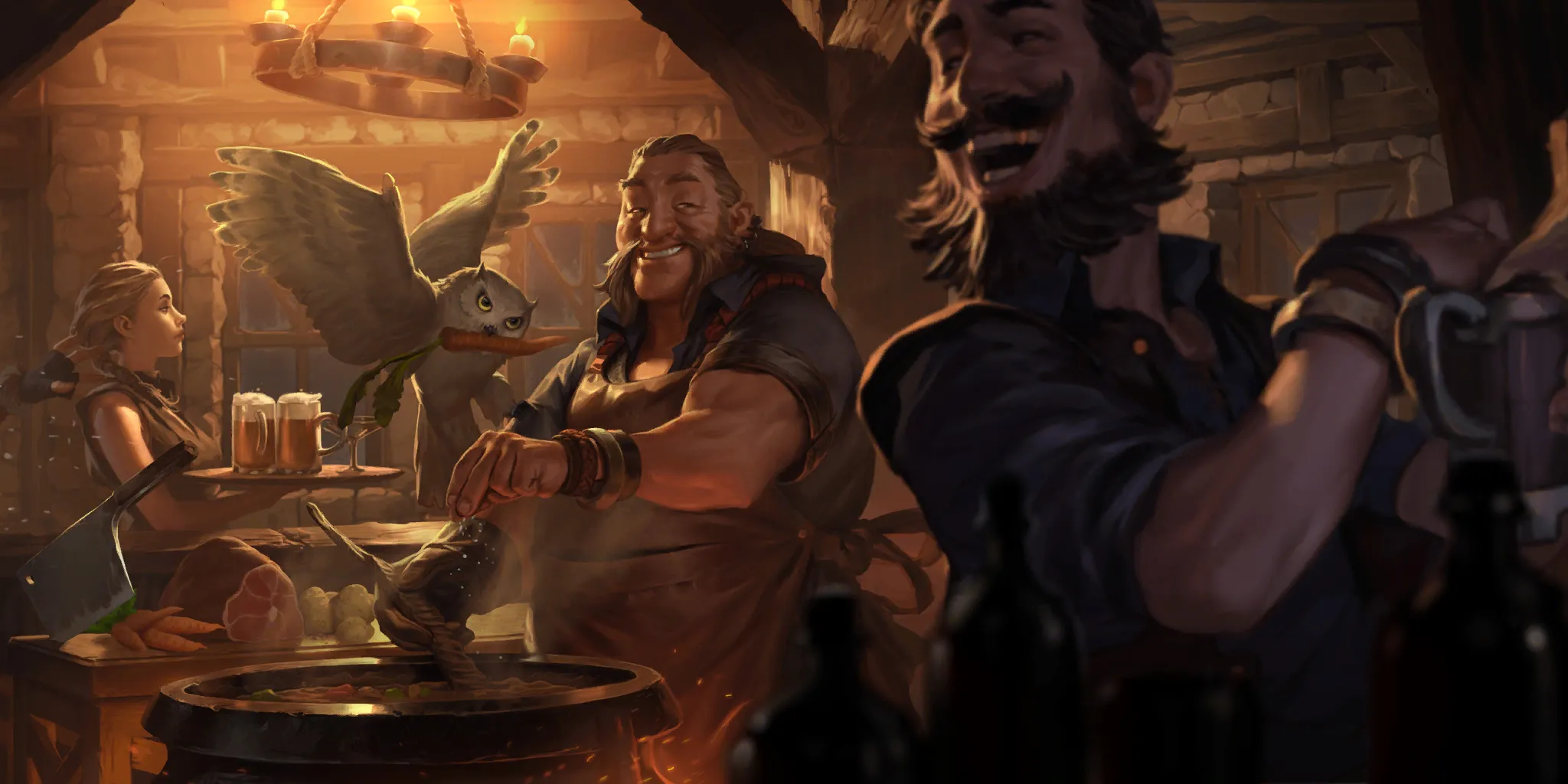
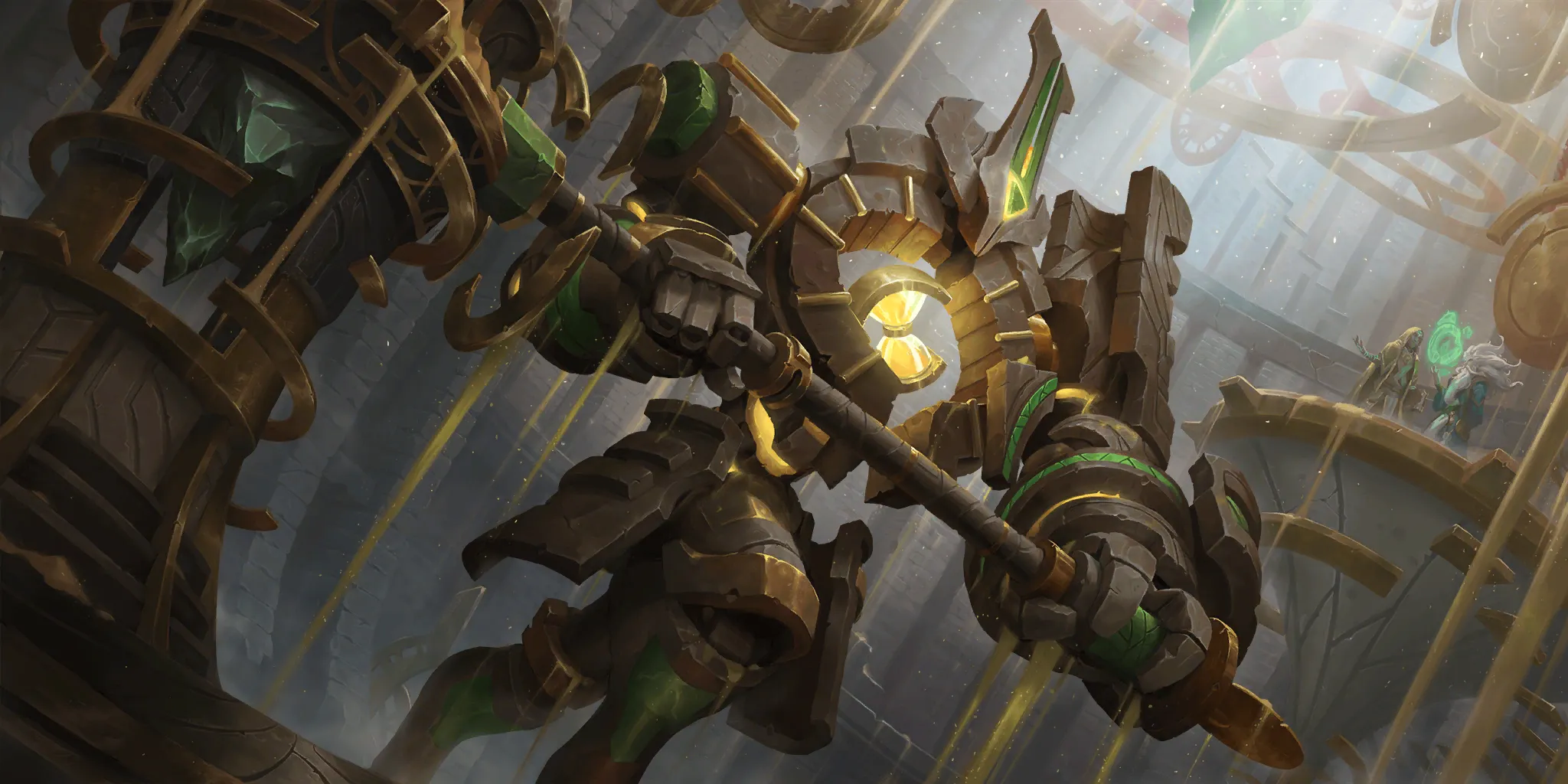
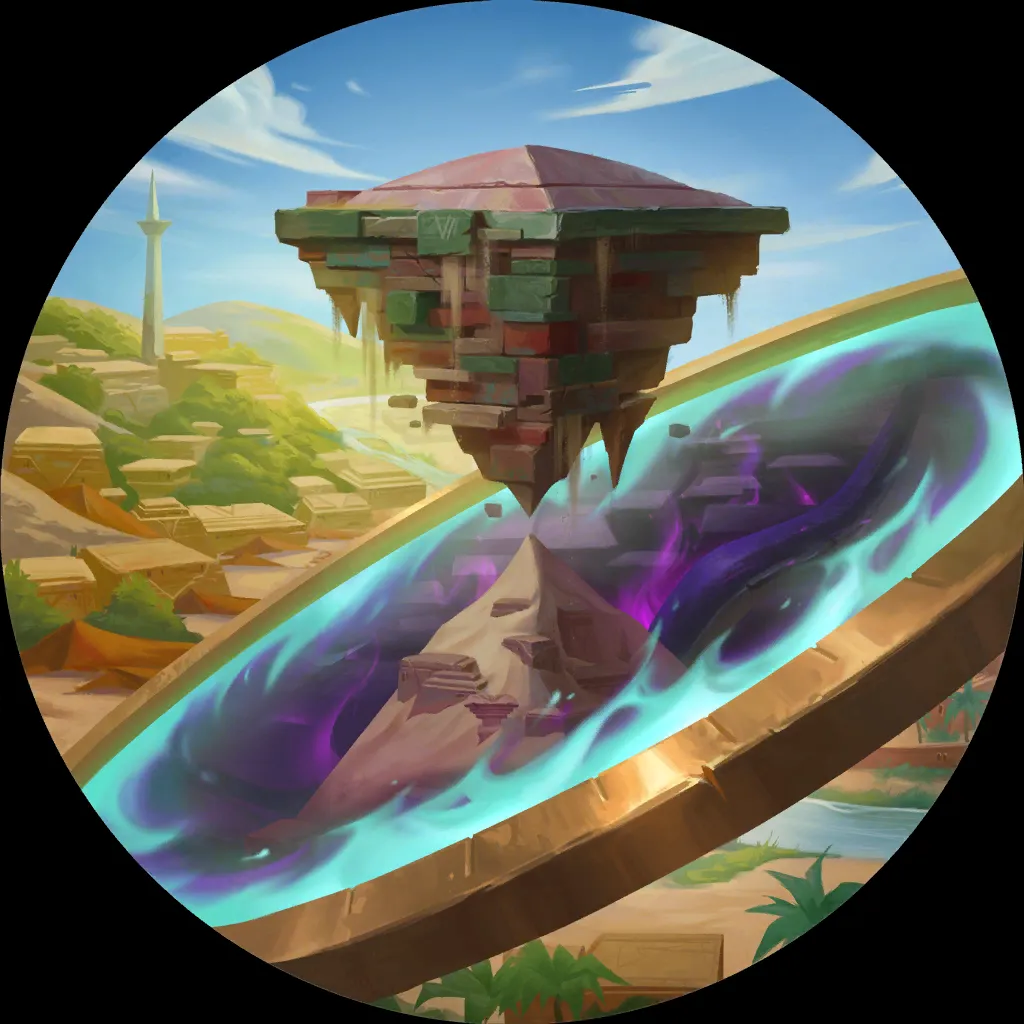
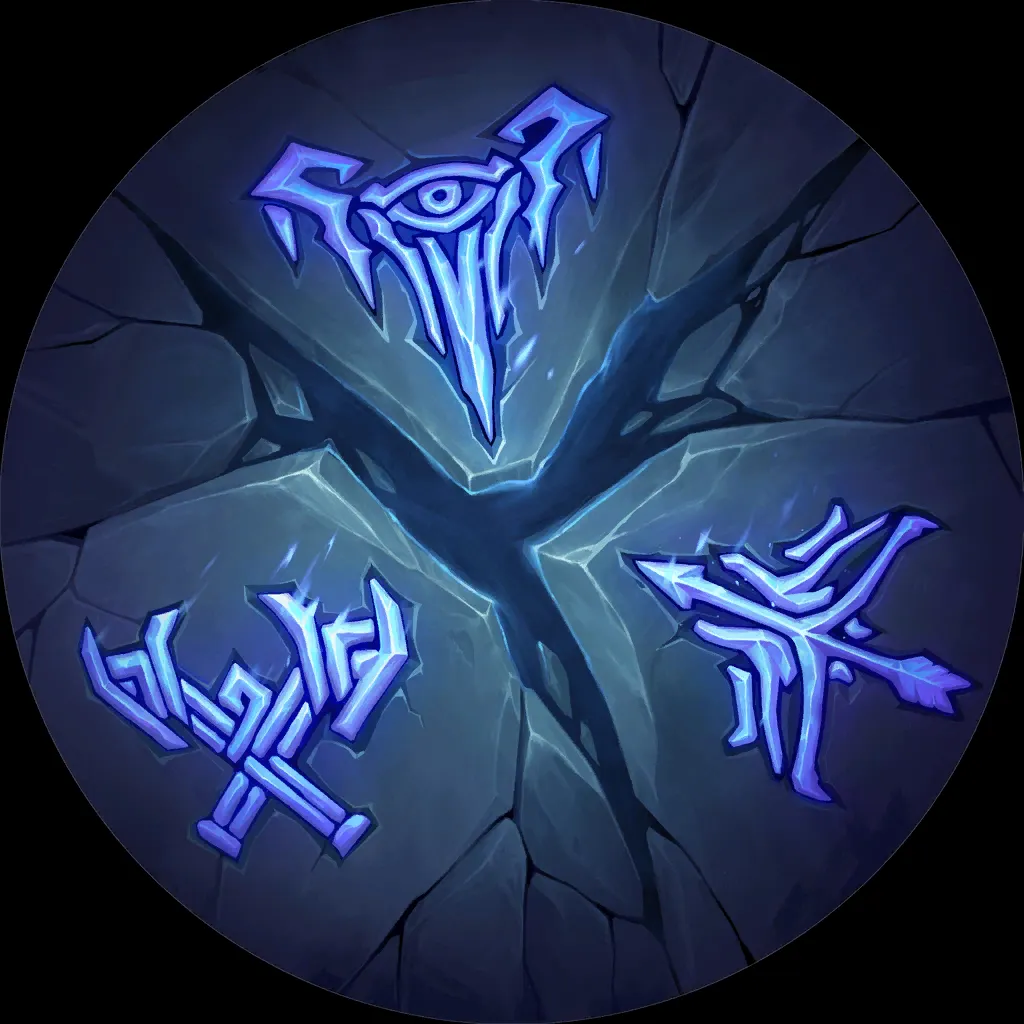
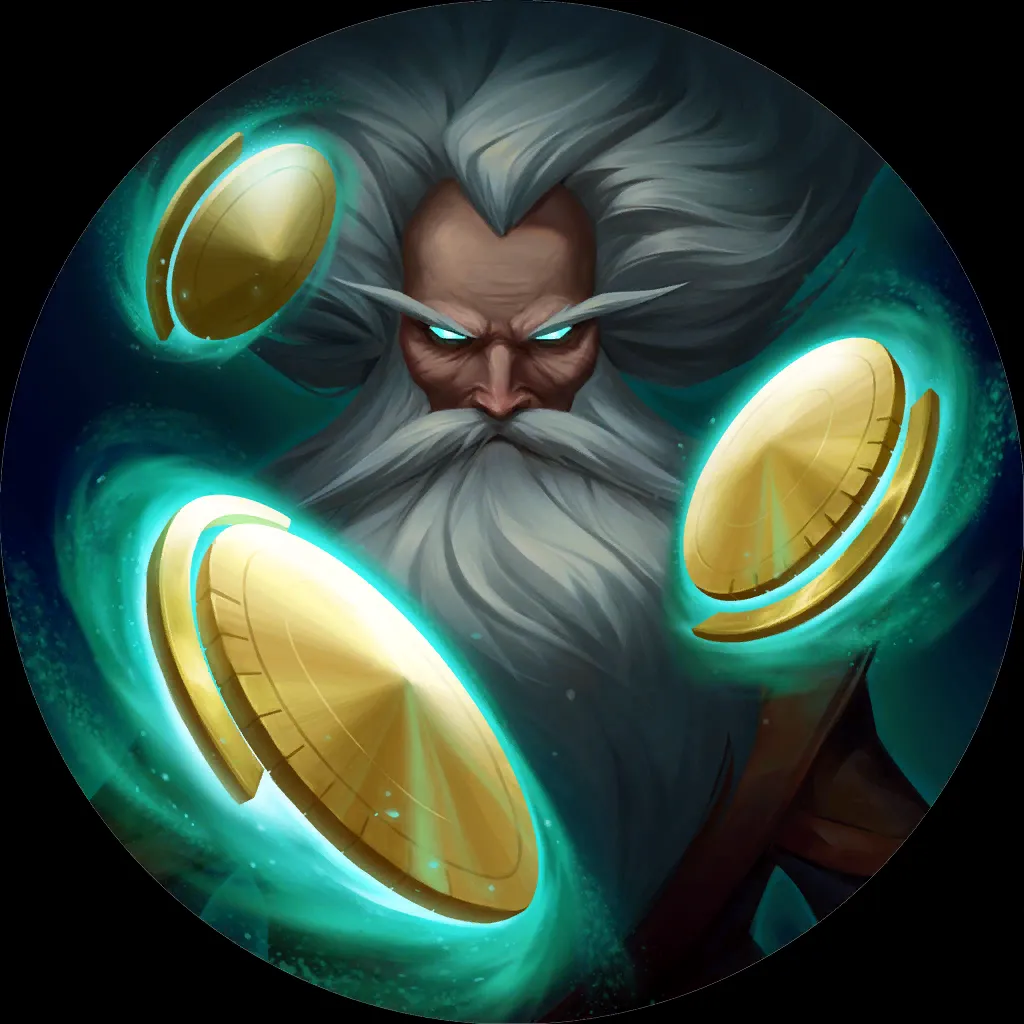
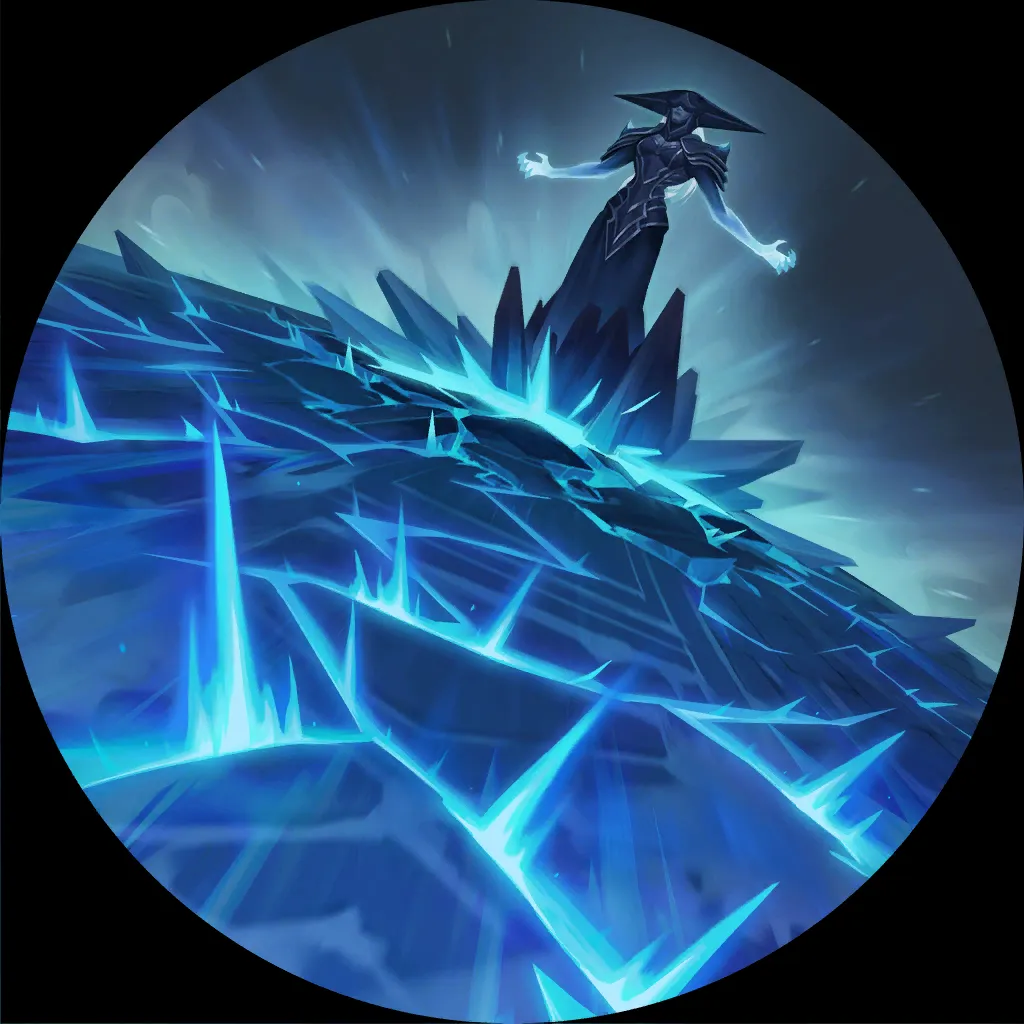

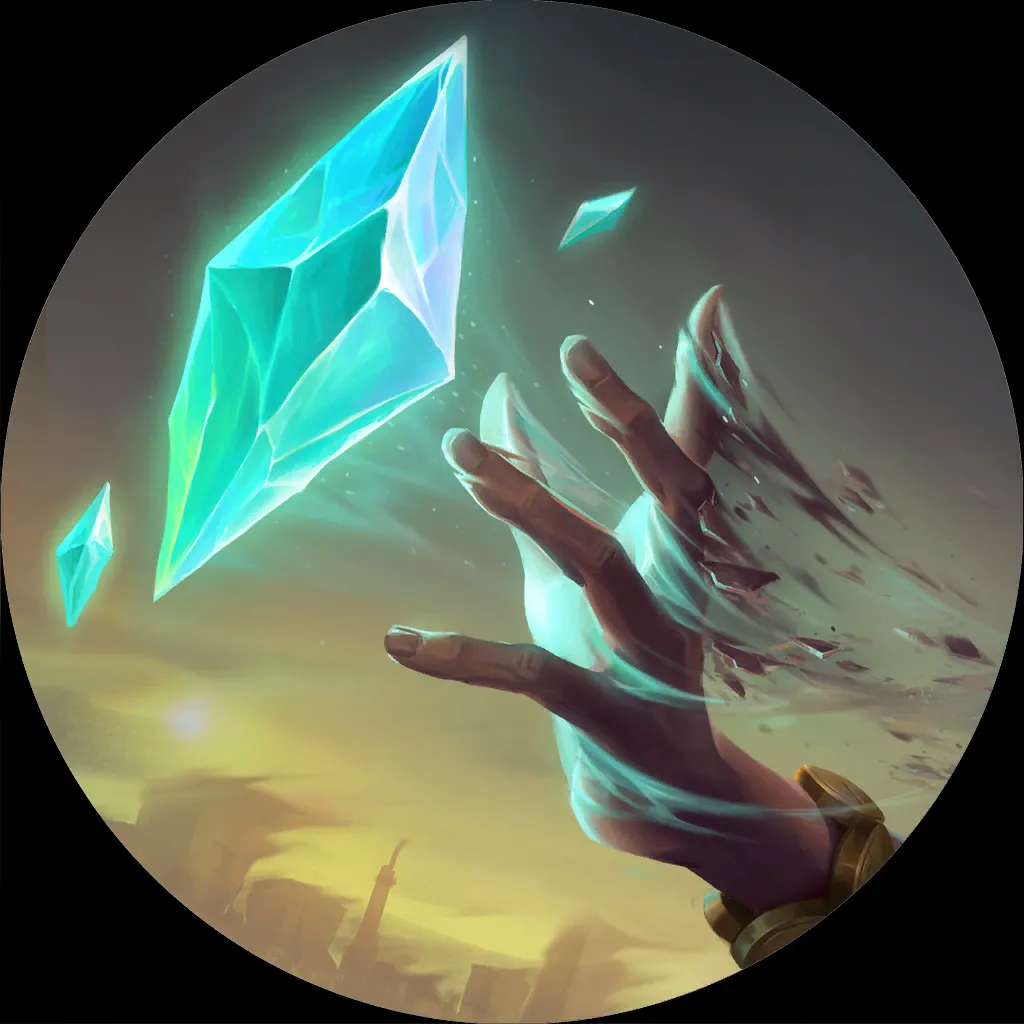
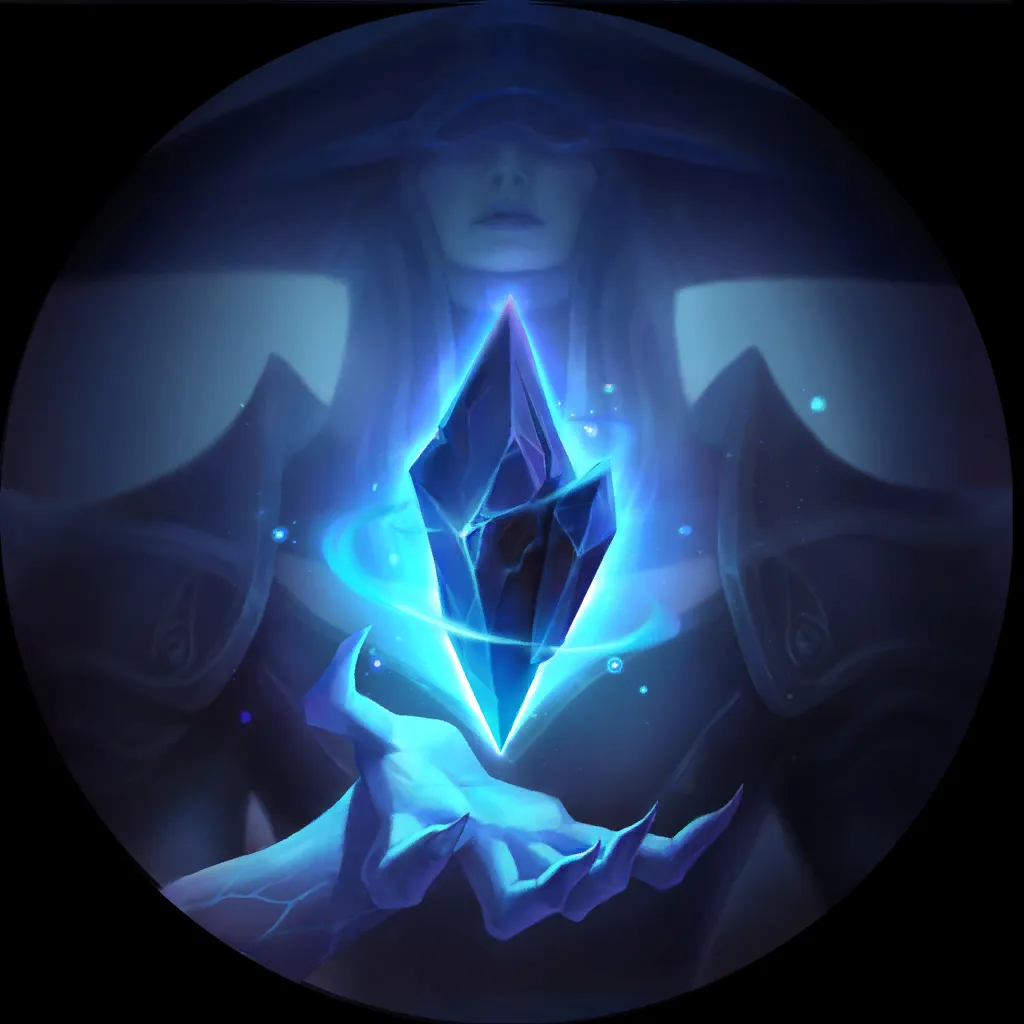
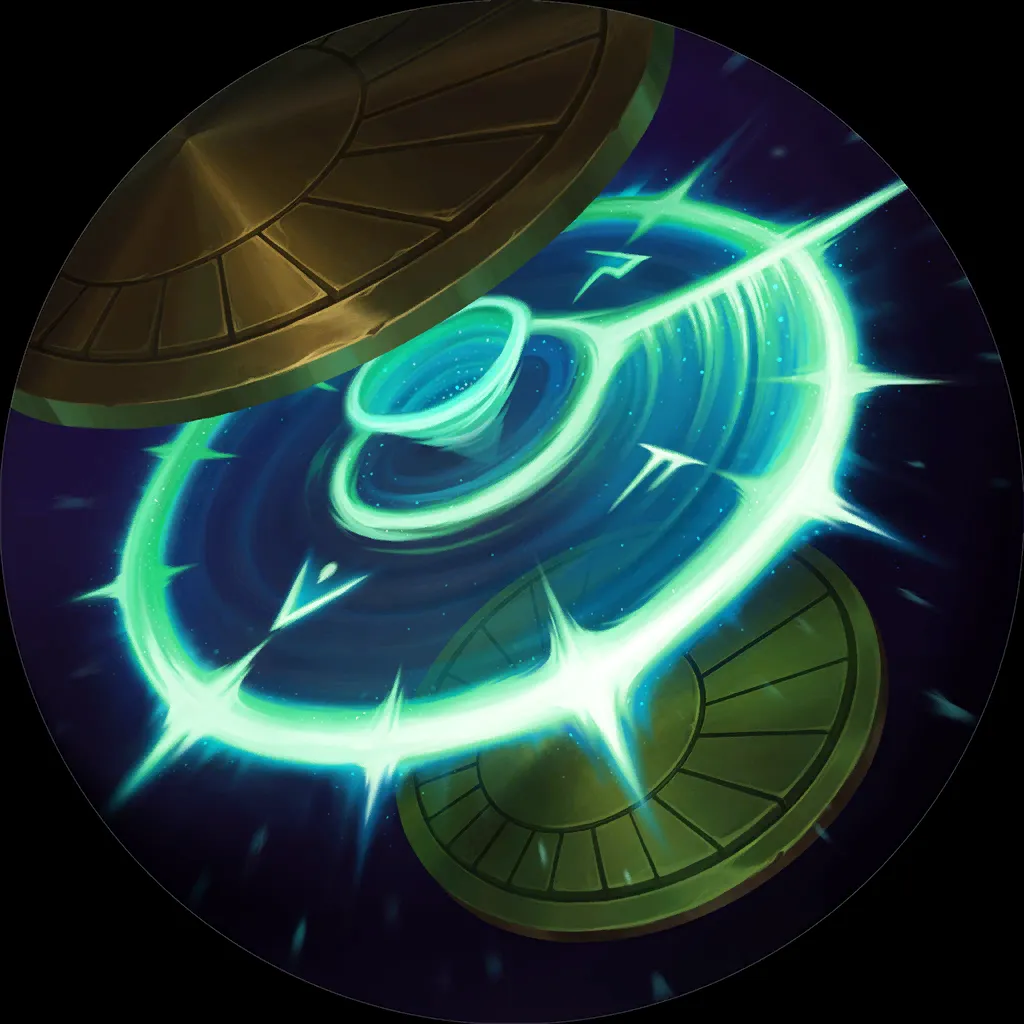
If we’re playing a deck with landmark removal such as Scorched Earth , we may find ourselves in a position where they may not tap under four mana so long as we do not tap under three mana. They cannot commit Promising Future
, we may find ourselves in a position where they may not tap under four mana so long as we do not tap under three mana. They cannot commit Promising Future onto a Frozen Thrall
onto a Frozen Thrall so long as we represent having Scorched Earth
so long as we represent having Scorched Earth . So if our opponent is constantly ending rounds at around four mana, it's safe to say that he’s potentially on Promising Future
. So if our opponent is constantly ending rounds at around four mana, it's safe to say that he’s potentially on Promising Future and waiting for a moment to play it, or on Rite of Negation
and waiting for a moment to play it, or on Rite of Negation to save the thrall until a Taliyah
to save the thrall until a Taliyah turn.
turn.


Alternatively, if we’re a board-swarm deck like Draven Sion
Sion , the four mana breakpoint is also important as well. We should look for moments where cards like Avalanche
, the four mana breakpoint is also important as well. We should look for moments where cards like Avalanche or Blighted Ravine
or Blighted Ravine or Ice Shard
or Ice Shard would be really effective, and see if they play them or not. If our opponent passes on a round where Blighted Ravine
would be really effective, and see if they play them or not. If our opponent passes on a round where Blighted Ravine would have wiped our board and stopped our development, we should question ourselves, "Is it because they don’t have it, or they have a Fast-speed response next turn to punish an open attack?" As long as they’re holding up adequate mana for responses like Avalanche
would have wiped our board and stopped our development, we should question ourselves, "Is it because they don’t have it, or they have a Fast-speed response next turn to punish an open attack?" As long as they’re holding up adequate mana for responses like Avalanche , you’ll find that it’s always more difficult to read bluffs from a more reactive deck that has the ability to put you in these forks.
, you’ll find that it’s always more difficult to read bluffs from a more reactive deck that has the ability to put you in these forks.
Wrapping Up
You made it! This wraps up the sixth and final article on Mastering the Fundamentals of Legends of Runeterra. We talked about Passing and Priorities, and this week we took a closer look at how we can effectively leverage Passing and holding up mana.Hopefully you have found this series educational and insightful. If this is the first article you are reading, I highly recommend starting from the beginning: Tempo and Archetypes. We’ve come a long way from Tempo, to Win Conditions, to Passing and more. If there is something you think I missed, or deserves its own series in the future, don’t hesitate to message me with suggestions!
Discord: Jasinsane #0246
Twitter: https://twitter.com/Jasensational
Twitch: https://twitch.tv/ja3en3ational


